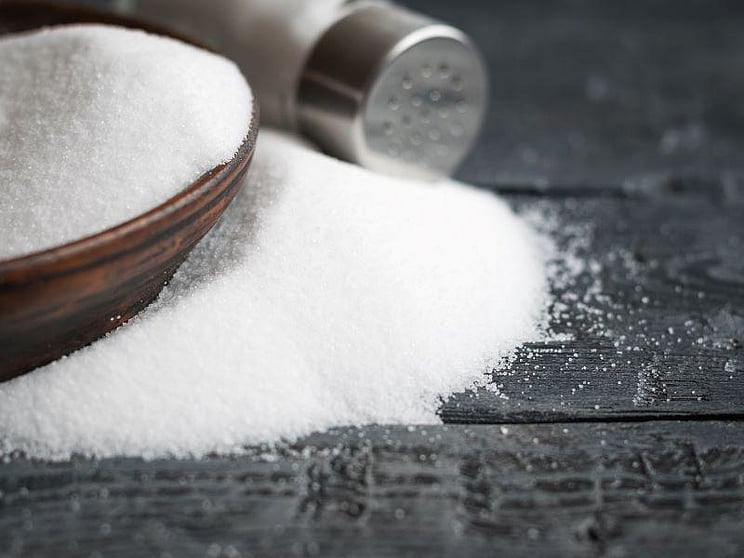Salt Restriction Does Not Lower Blood Pressure Variability

THURSDAY, Jan. 12, 2023 (HealthDay News) -- Urinary sodium excretion and salt intake are not independently associated with 24-hour blood pressure variability (BPV), according to a study published online Dec. 24 in the Journal of the American Heart Association.
Tan Lai Zhou, from Maastricht University in the Netherlands, and colleagues used data from 2,652 participants in the Maastricht Study to evaluate whether urinary sodium excretion and salt intake are associated with 24-hour BPV. Participants adhered to a seven-day low- and high-salt diet (50 and 250 mmol NaCl/24 hour, respectively) with a washout period of 14 days.
The researchers found that 24-hour urinary sodium excretion was not associated with 24-hour systolic or diastolic BPV (β, per 1 g/24-hour urinary sodium excretion: 0.05 mm Hg [95 percent confidence interval, −0.02 to 0.11] and 0.04 mm Hg [95 percent confidence interval, −0.01 to 0.09], respectively). There were no significant differences observed in mean difference in 24-hour systolic and diastolic BPV between the low- and high-salt diet (0.62 mm Hg [95 percent confidence interval, −0.10 to 1.35] and 0.04 mm Hg [95 percent confidence interval, −0.54 to 0.63], respectively).
"Our results do not indicate that salt restriction would be an effective strategy to lower BPV, at least not in a White population‐based setting with relatively healthy individuals," the authors write.
Related Posts
Cómo el abuso infantil puede ensombrecer a la vejez
VIERNES, 8 de julio de 2022 (HealthDay News) -- La mala salud mental y física...
Prolonged Antidepressant Treatment No Benefit in Bipolar I Disorder
THURSDAY, Aug. 3, 2023 (HealthDay News) -- For patients with bipolar I disorder...
El senador John Fetterman se recupera tras su diagnóstico de depresión
MARTES, 28 de febrero de 2023 (HealthDay News) -- El senador John Fetterman...
